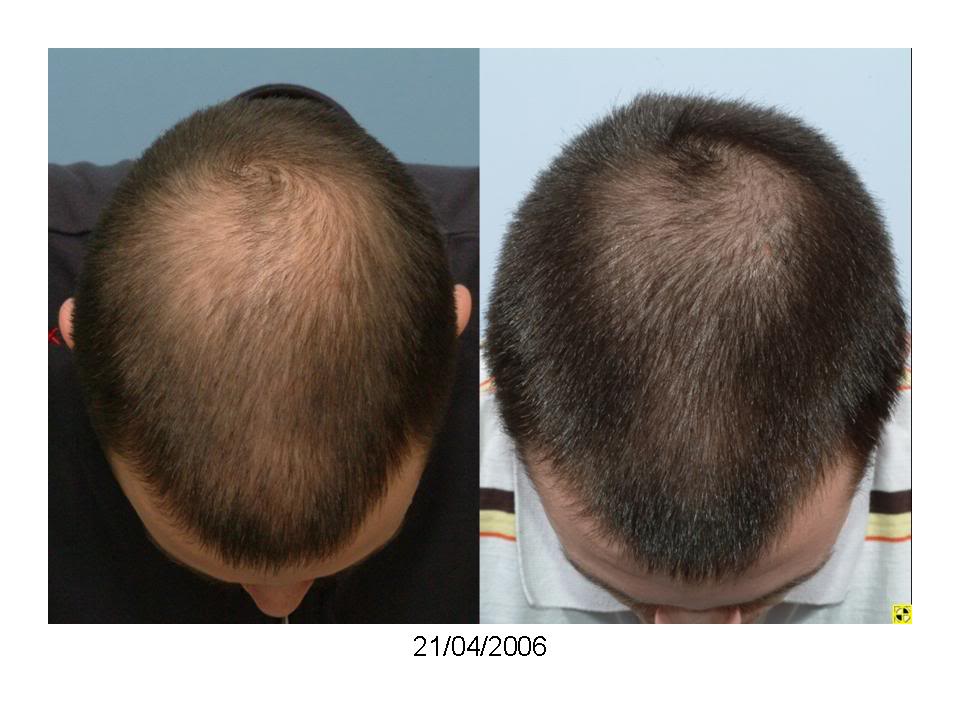Can I have a hair transplant without Finasteride or Minoxidil?
The short answer is a yes. Medications are not a requirement for a hair transplant in majority of the clinics. Many clinics will advise a patient to take these medications to help slow the progression of hair loss. Medications can help reduce the need for future hair transplants to replace the hair lost over time.
In addition, medications may help regrow miniaturised and dormant hairs, this will result in less grafts being transplanted into the thinning area. Hair loss preventative medications work well with hair restoration surgery as its difficult to achieve desired density with just medications or just hair transplantation. Ultimately, to preserve the donor supply for future needs is wiser than risk running out of the finite donor supply.
Some patients may experience side effects from taking medications, for this reason they decide to have a hair transplant as a stand alone solution to their hair loss. It’s advisable to try out the medications before surgery in order to know how conservative or aggressive a physician can be in restoring one’s hair. Without the use of medications, the patient should be aware they’re more likely to lose more native hairs in their future. A physician will evaluate the patient before any surgery to assess if they are a suitable candidate with or without the use of medications.
Below are two examples of hair regrowth using Finasteride (Propecia) and Minoxidil (Rogaine)








